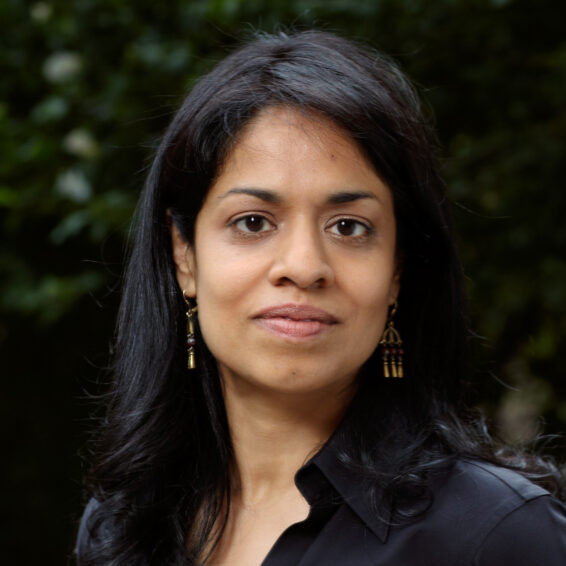Safeguarding Judicial Independence Around the World (809Q)
Policy Client: UN Special Rapporteur on the Independence of Judges and Lawyers, Professor Margaret Satterthwaite
An impartial and independent judiciary is crucial for safeguarding democracy and the rule of law. In this policy practicum, students will work on several important projects for submission to the UN Special Rapporteur on the Independence of Judges and Lawyers, Professor Margaret Satterthwaite. The Rapporteur’s UN mandate positions her to have a real-time impact on efforts to defend democracy in a time of authoritarian overreach and democratic backsliding. She executes her mandate through individual case work, reports on country visits, amicus briefs, and thematic reports on key issues. Under the supervision of the instructor, and in consultation with the U.N. special rapporteur, students will work in small teams to provide carefully researched, time-relevant inputs on one or more of the following crucial topics:
- The instrumentalization of the judicial system to harm the rights of government opponents or other dissidents. Students will provide case studies of judicial harassment and other forms of instrumentalization of the judicial system. A specific focus will be placed on the criminalization of lawyers, prosecutors, and judges, and on the use of SLAPP suits (strategic litigation against public participation). Students will perform legal analysis of these concerns using international human rights law and soft law norms such as the Basic Principles on the Role of Lawyers and the Guidelines on the Role of Prosecutors. Questions to be explored include: what is the role of lawyers in guarding against the instrumentalization of the judicial system? What norms provide guidance to lawyers assessing whether zealous advocacy could transform into judicial harassment? What rules can guide prosecutors in charging decisions concerning government opponents?
- The independence of Indigenous juridical systems. Students will provide case studies exploring how Indigenous peoples have maintained their legal and judicial systems in the United States and countries around the world. The UN Declaration on the Rights of Indigenous Peoples guarantees the right of Indigenous peoples “to promote, develop and maintain their institutional structures,” including “juridical systems or customs, in accordance with international human rights standards.” Questions to be explored include: what challenges have Indigenous peoples faced in maintaining their legal and judicial systems? Are there good practices for safeguarding the self-determination of Indigenous peoples through their juridical systems?
- Economic and corporate capture of judicial systems. The right to a fair trial requires independent and impartial courts, and international standards make clear that judges must be free from “improper influences [or] inducements” from “any quarter or for any reason.” Students will prepare case studies illustrating the risk to judicial systems emanating from powerful economic or corporate interests. Questions to be explored include: what counts as improper economic inducement of a court or its judges and who decides? What rules exist to limit the influence of corporations or other wealthy actors from influencing the selection or appointment of judges? Do ethical codes and laws effectively shield judges from undue influence by powerful economic actors? Are there policies or practices that ensure a country’s judiciary is open to jurists of diverse wealth or class backgrounds?
Through this practicum, students will learn to work for and engage with a policy client; have an opportunity to have real-time, practical impact on key problems around the world relating to judicial independence; and also hone their legal research, policy analysis, and writing skills.
Elements used in grading: Attendance, Performance, Class Participation, Written Assignments.
CONSENT APPLICATION: To apply for this course, students must submit a Consent Application Form at https://law.stanford.edu/education/courses/consent-of-instructor-forms/. See the Consent Application Form for instructions and the submission deadline.

